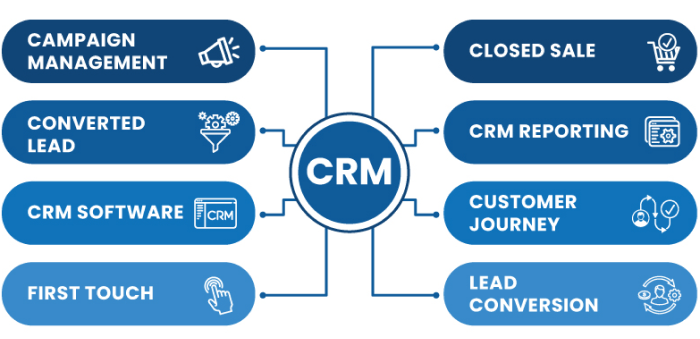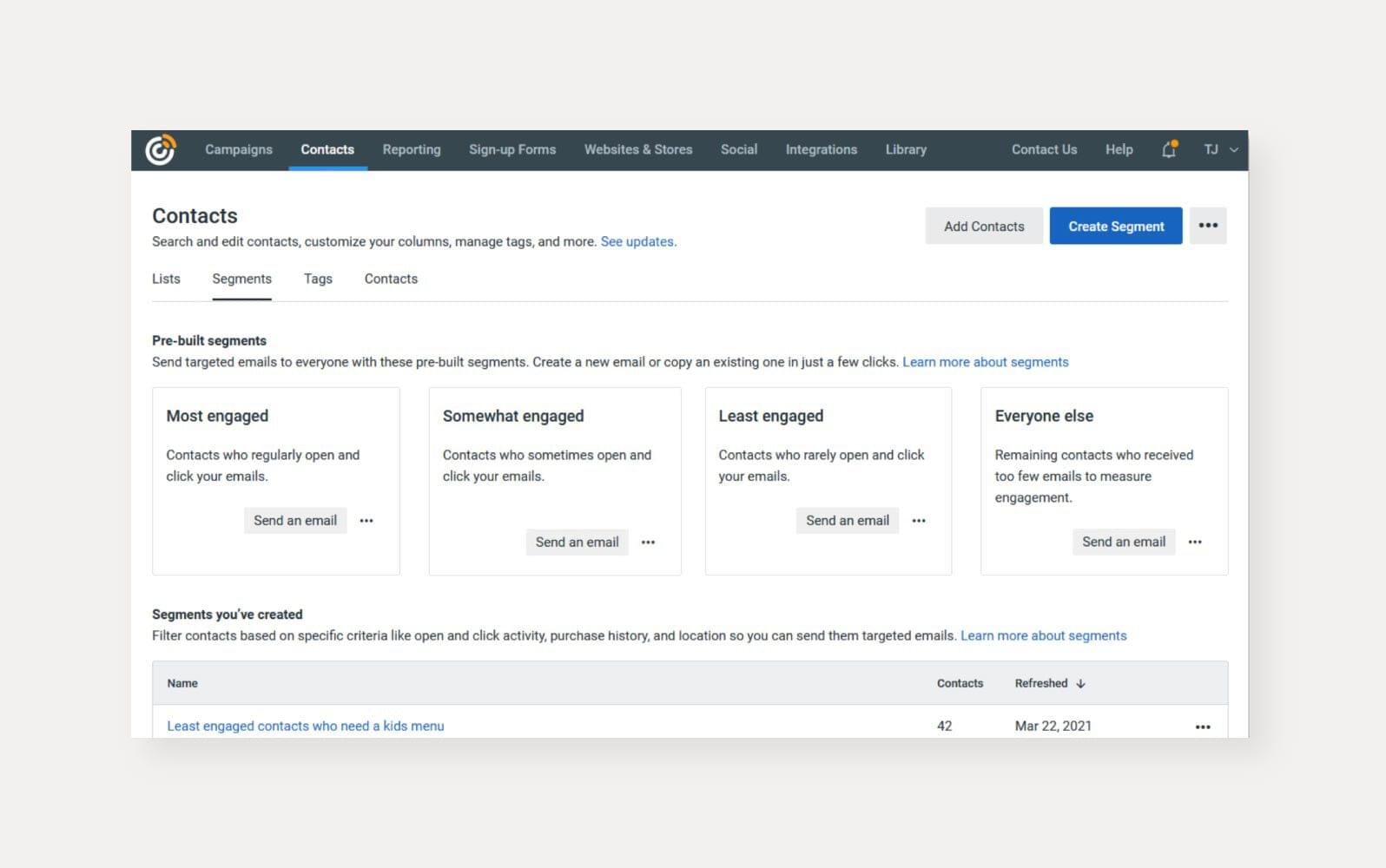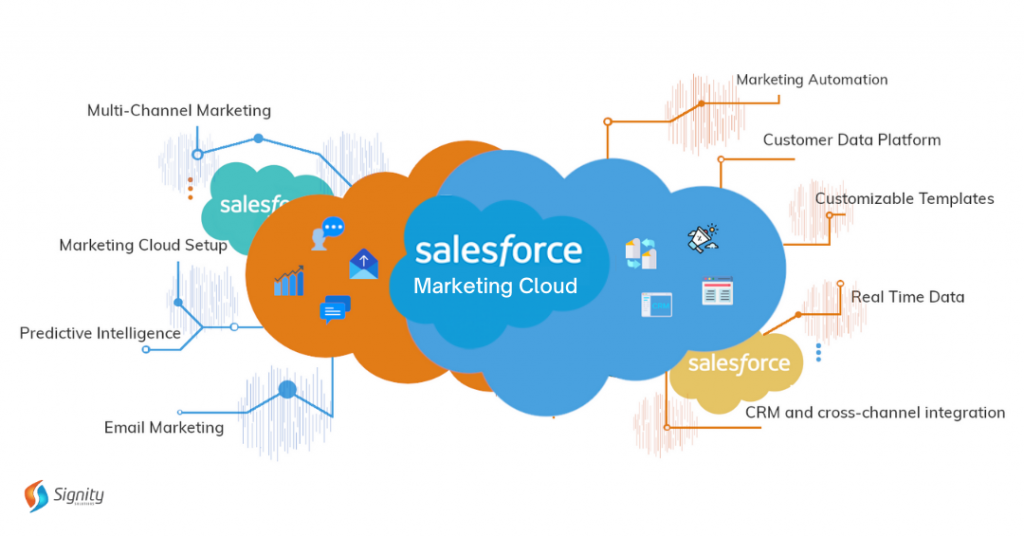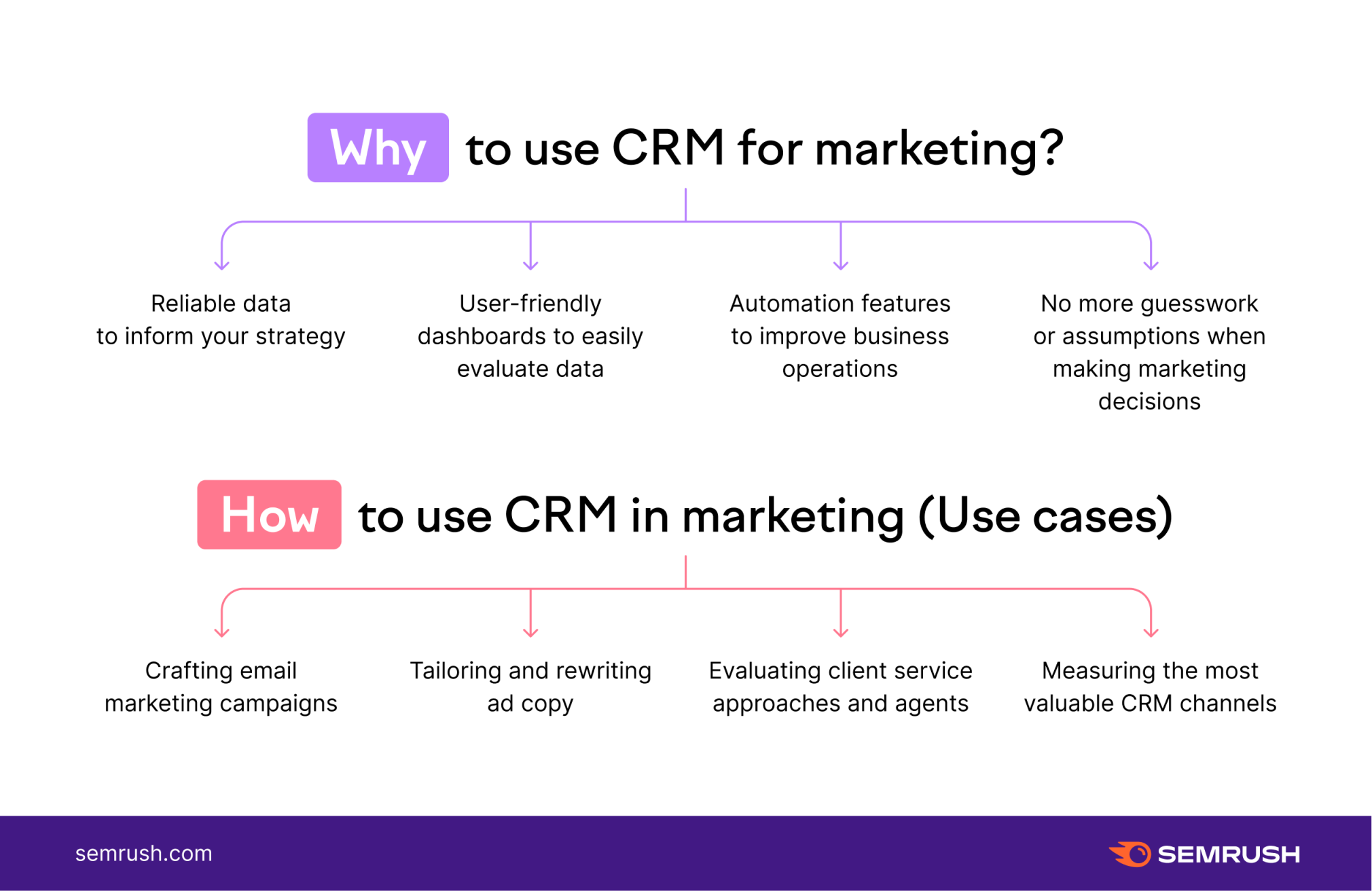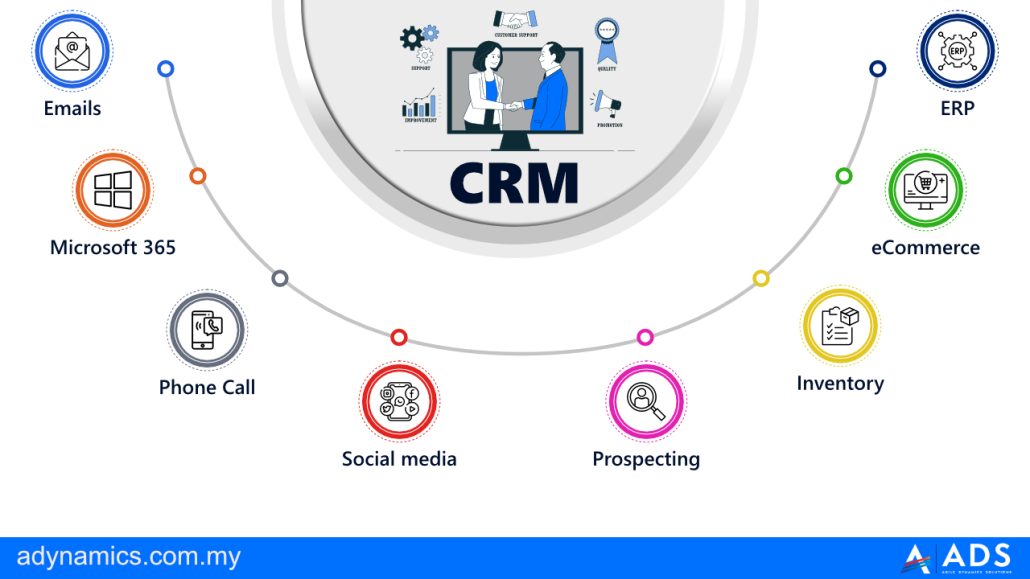CRM Marketing Trends 2025: Navigating the Future of Customer Relationships
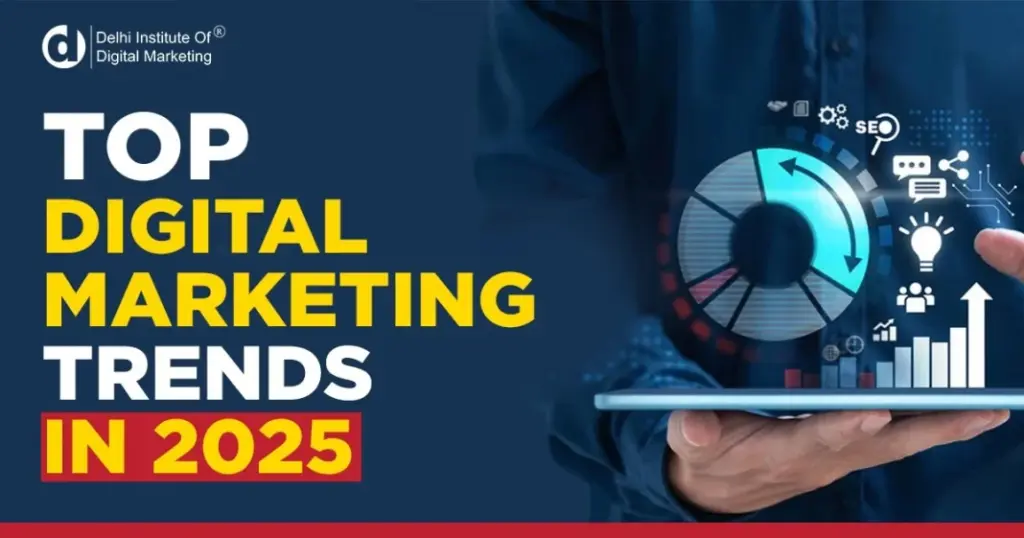
CRM Marketing Trends 2025: Navigating the Future of Customer Relationships
The world of marketing is in constant flux, a whirlwind of innovation and adaptation. But one thing remains constant: the importance of the customer. In the coming years, Customer Relationship Management (CRM) will continue to be the backbone of successful marketing strategies. As we approach 2025, it’s crucial to understand the evolving landscape of CRM marketing trends. This article will explore the key developments shaping the future of customer relationships, providing insights and actionable strategies to help businesses thrive. Get ready to dive deep into the core of CRM, understand the latest trends, and prepare your business for success.
The Rise of Hyper-Personalization
Personalization has been a buzzword in marketing for a while, but in 2025, it will evolve into something more profound: hyper-personalization. This goes beyond simply addressing customers by name or recommending products based on past purchases. Hyper-personalization leverages data analytics, artificial intelligence (AI), and machine learning (ML) to understand each customer’s unique needs, preferences, and behaviors. This allows businesses to deliver highly tailored experiences across all touchpoints, from website interactions to email campaigns and even in-person interactions. Imagine a world where every customer receives a marketing message perfectly crafted for them, at the optimal time, and through their preferred channel. This is the promise of hyper-personalization.
Key Strategies for Hyper-Personalization:
- Data Collection and Integration: Gather comprehensive customer data from various sources, including CRM systems, social media, website analytics, and customer service interactions. Integrate this data to create a unified customer view.
- AI-Powered Analysis: Utilize AI and ML algorithms to analyze customer data, identify patterns, and predict future behavior.
- Dynamic Content Creation: Generate personalized content in real-time, adapting to individual customer preferences and behaviors.
- Channel Optimization: Deliver personalized experiences across all channels, including email, SMS, social media, and website.
AI and Machine Learning: The Intelligent CRM
Artificial intelligence (AI) and machine learning (ML) are no longer futuristic concepts; they are integral parts of modern CRM systems. In 2025, AI will play an even more critical role in automating tasks, providing insights, and enhancing customer experiences. AI-powered CRM systems can analyze vast amounts of data to identify trends, predict customer behavior, and automate repetitive tasks. This frees up marketing teams to focus on strategic initiatives and build stronger customer relationships. ML algorithms can be used to personalize marketing campaigns, recommend products, and optimize customer journeys. The intelligent CRM will become the norm, driving efficiency and effectiveness across the entire customer lifecycle.
How AI and ML are Transforming CRM:
- Predictive Analytics: AI can predict customer churn, identify upsell and cross-sell opportunities, and forecast future sales.
- Chatbots and Virtual Assistants: AI-powered chatbots can handle customer inquiries, provide support, and guide customers through the sales process.
- Marketing Automation: AI can automate marketing tasks, such as email campaigns, social media posting, and lead nurturing.
- Personalized Recommendations: ML algorithms can recommend products, content, and services based on individual customer preferences.
The Omnichannel Experience: Seamless Customer Journeys
Customers today interact with businesses across multiple channels, including websites, social media, email, phone, and in-person stores. In 2025, the omnichannel experience will become even more critical. Customers expect a seamless and consistent experience across all channels, regardless of how they choose to interact with a business. This means that businesses must integrate their CRM systems with all their channels to provide a unified view of the customer and deliver personalized experiences. The goal is to create a cohesive customer journey that moves seamlessly from one channel to another, ensuring that customers feel understood and valued at every touchpoint.
Building a Successful Omnichannel Strategy:
- Unified Customer Data: Integrate data from all channels into a single CRM system to create a 360-degree view of the customer.
- Consistent Messaging: Ensure that messaging is consistent across all channels, reflecting the brand’s values and personality.
- Personalized Interactions: Tailor interactions to individual customer preferences and behaviors, regardless of the channel.
- Channel Optimization: Optimize each channel for the best customer experience, considering the unique characteristics of each channel.
Data Privacy and Security: Building Trust
As businesses collect more and more customer data, data privacy and security will become even more critical. In 2025, customers will be more aware of their data rights and will demand greater transparency and control over their personal information. Businesses must prioritize data privacy and security to build trust with customers and comply with regulations such as GDPR and CCPA. This includes implementing robust security measures, being transparent about data collection practices, and providing customers with control over their data.
Key Considerations for Data Privacy and Security:
- Data Encryption: Encrypt customer data to protect it from unauthorized access.
- Access Controls: Implement access controls to limit who can access customer data.
- Data Minimization: Collect only the data that is necessary for business operations.
- Transparency and Consent: Be transparent about data collection practices and obtain customer consent before collecting data.
The Rise of CRM in a Service-Oriented Economy
The modern economy is shifting towards a service-oriented model, where customer experience is paramount. In 2025, CRM will play an even more vital role in helping businesses deliver exceptional customer service and build lasting relationships. CRM systems will be used to manage customer interactions, track customer feedback, and resolve customer issues efficiently. Businesses will focus on providing proactive customer service, anticipating customer needs, and exceeding customer expectations. This will lead to increased customer loyalty, improved brand reputation, and ultimately, greater profitability. The focus will be shifting from just selling a product to building a long-term relationship.
Strategies for Service-Oriented CRM:
- Proactive Customer Service: Anticipate customer needs and provide support before they even ask.
- Personalized Support: Tailor customer service interactions to individual customer preferences and needs.
- Feedback Collection and Analysis: Collect customer feedback and use it to improve products, services, and customer experiences.
- Empowered Customer Service Agents: Equip customer service agents with the tools and information they need to resolve customer issues quickly and efficiently.
CRM and the Metaverse: New Frontiers in Customer Engagement
The metaverse is emerging as a new frontier for customer engagement. In 2025, businesses will begin to leverage the metaverse to create immersive customer experiences and build stronger relationships. CRM systems will integrate with metaverse platforms to track customer interactions, personalize experiences, and provide support. This could involve creating virtual stores, hosting virtual events, or offering virtual customer service. The metaverse offers exciting new opportunities to engage with customers in innovative ways and build brand loyalty. This is still a developing area, but the potential is enormous.
Exploring CRM in the Metaverse:
- Virtual Stores: Create virtual stores where customers can browse products, interact with brands, and make purchases.
- Virtual Events: Host virtual events, such as product launches, webinars, and workshops, to engage with customers.
- Immersive Customer Service: Provide customer service through virtual avatars and interactive experiences.
- Personalized Avatars: Allow customers to create personalized avatars that represent them in the metaverse.
The Importance of Mobile CRM
Mobile CRM has become essential for businesses of all sizes. In 2025, the trend will only continue to grow. Sales teams, marketing professionals, and customer service representatives need to access customer data and manage their interactions on the go. Mobile CRM apps provide this flexibility, allowing them to stay connected with customers, track progress, and respond to inquiries in real-time. This enhanced mobility leads to increased productivity, improved customer satisfaction, and ultimately, higher sales. With the ubiquity of smartphones, mobile CRM is no longer a luxury but a necessity.
Benefits of Mobile CRM:
- Real-time Data Access: Access customer data and manage interactions from anywhere, at any time.
- Increased Productivity: Stay connected with customers and manage tasks on the go.
- Improved Customer Service: Respond to customer inquiries and resolve issues quickly and efficiently.
- Enhanced Collaboration: Share data and collaborate with team members in real-time.
CRM and the Internet of Things (IoT)
The Internet of Things (IoT) is transforming the way businesses interact with customers. In 2025, businesses will leverage IoT devices to collect data, personalize experiences, and improve customer service. For example, a smart home appliance could send data to a CRM system, allowing a business to proactively offer support or recommend related products. IoT integration provides valuable insights into customer behavior and preferences, enabling businesses to tailor their offerings and build stronger relationships. This integration will lead to more proactive and personalized customer interactions.
How IoT Enhances CRM:
- Data Collection from Connected Devices: Collect data from IoT devices to understand customer behavior and preferences.
- Personalized Recommendations: Use data from IoT devices to recommend products and services.
- Proactive Customer Service: Anticipate customer needs and provide support based on data from IoT devices.
- Automated Interactions: Automate interactions based on data from IoT devices, such as sending reminders or offering support.
CRM and Sustainability: The Green Approach
Consumers are becoming increasingly conscious of environmental issues. In 2025, businesses will need to integrate sustainability into their CRM strategies to appeal to environmentally conscious customers. This could involve tracking and reducing the environmental impact of business operations, promoting sustainable products and services, and communicating the company’s sustainability efforts to customers. CRM systems can be used to track customer preferences for sustainable products, personalize marketing messages to highlight sustainability initiatives, and build brand loyalty among environmentally conscious customers. Integrating sustainability into CRM is not just a trend; it’s a business imperative.
Integrating Sustainability into CRM:
- Track Customer Preferences: Identify customer preferences for sustainable products and services.
- Personalize Marketing Messages: Highlight the company’s sustainability initiatives in marketing messages.
- Promote Sustainable Products: Recommend and promote sustainable products and services.
- Measure Environmental Impact: Track and measure the environmental impact of business operations.
The Role of CRM in Employee Experience (EX)
While CRM traditionally focuses on customer relationships, in 2025, the employee experience (EX) will become increasingly important. Happy and engaged employees are more likely to provide excellent customer service, leading to increased customer satisfaction and loyalty. CRM systems can be used to manage employee data, track employee performance, and personalize employee experiences. This could involve providing employees with the tools and training they need to succeed, recognizing and rewarding employee achievements, and creating a positive and supportive work environment. A focus on EX will improve employee retention and create a positive ripple effect on customer relationships.
Enhancing Employee Experience with CRM:
- Employee Data Management: Manage employee data, including performance, training, and feedback.
- Performance Tracking: Track employee performance and provide feedback.
- Personalized Training: Provide employees with the training and resources they need to succeed.
- Recognition and Rewards: Recognize and reward employee achievements.
CRM Trends 2025: A Recap and Call to Action
As we look ahead to 2025, the future of CRM marketing is bright, filled with exciting new possibilities. These trends represent opportunities for businesses to build stronger customer relationships, improve efficiency, and drive growth. Here is a summary of the main trends we’ve discussed:
- Hyper-Personalization: Delivering highly tailored experiences based on individual customer needs.
- AI and Machine Learning: Automating tasks, providing insights, and enhancing customer experiences.
- Omnichannel Experience: Providing seamless customer journeys across all channels.
- Data Privacy and Security: Building trust with customers by prioritizing data protection.
- Service-Oriented Economy: Focusing on delivering exceptional customer service.
- CRM and the Metaverse: Exploring new frontiers in customer engagement.
- Mobile CRM: Providing real-time access to customer data and interactions.
- CRM and the Internet of Things (IoT): Leveraging data from connected devices.
- CRM and Sustainability: Appealing to environmentally conscious customers.
- Employee Experience (EX): Focusing on improving the employee experience.
To prepare for 2025, businesses should:
- Assess their current CRM capabilities: Evaluate their existing CRM systems and identify areas for improvement.
- Invest in AI and ML: Explore the potential of AI and ML to automate tasks and personalize experiences.
- Embrace the omnichannel approach: Integrate their CRM systems with all their channels to provide a seamless customer experience.
- Prioritize data privacy and security: Implement robust security measures and be transparent about data collection practices.
- Focus on customer service: Prioritize providing exceptional customer service.
- Stay informed about emerging trends: Keep up-to-date on the latest CRM trends and technologies.
By embracing these trends and taking action now, businesses can position themselves for success in the future of CRM marketing and build lasting customer relationships. The future is here, and it’s time to embrace it!

